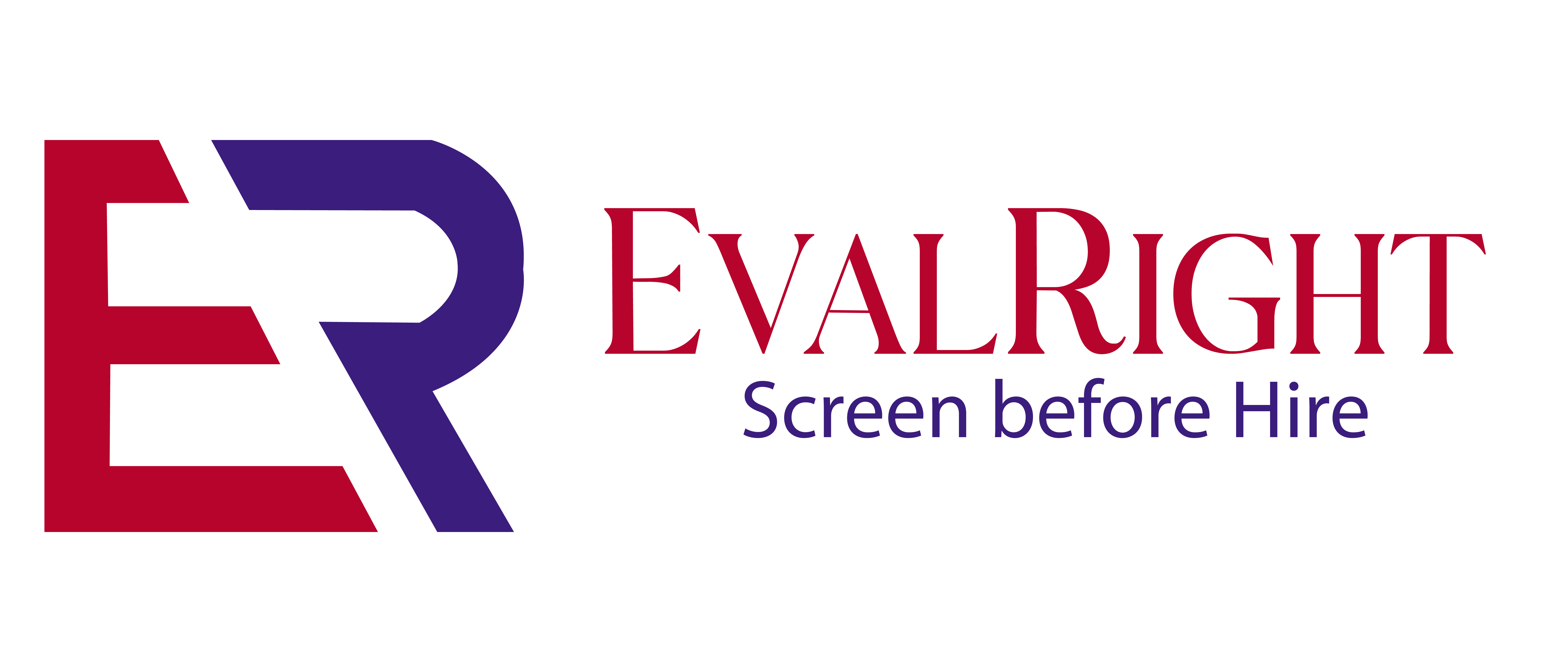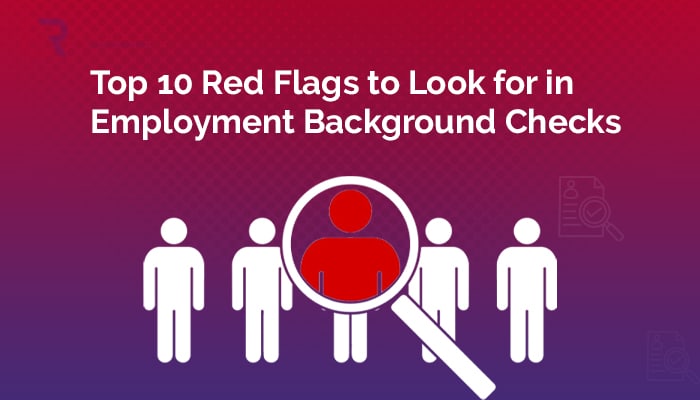1. Inconsistent Employment History
Gaps in Employment
While gaps in employment aren’t always a deal-breaker, unexplained or frequent gaps can be concerning. It’s important to understand the reasons behind these gaps to ensure they don’t indicate unreliability.
Job Hopping
Frequent job changes without reasonable explanations may suggest a lack of commitment or stability. Look for patterns in job duration and reasons for leaving.
2. Discrepancies in Education and Qualifications
Inflated Credentials
Some candidates may exaggerate their qualifications or degrees. Verify educational credentials with the issuing institutions to ensure authenticity.
Unaccredited Institutions
Degrees from unaccredited institutions or diploma mills are a major red flag. Always verify the accreditation status of the educational institutions listed by the candidate.
3. Criminal Record
Serious Offenses
A criminal record can indicate potential risk. While minor offenses may not be significant, serious crimes like fraud, theft, or violence should be carefully considered in relation to the job role.
Lack of Disclosure
Candidates who fail to disclose their criminal history when asked demonstrate a lack of honesty. Transparency is crucial for building trust.
4. Poor Credit History
Financial Mismanagement
A poor credit history may indicate financial irresponsibility, which can be particularly concerning for roles involving financial transactions or access to sensitive information.
High Debt Levels
High levels of debt can increase the risk of fraud or theft, especially in positions with access to financial resources.
5. Negative References
Unfavorable Comments
Negative comments from previous employers or colleagues can be a significant red flag. Pay attention to recurring themes in feedback about the candidate’s performance, behavior, and reliability.
Refusal to Provide References
Candidates who are unwilling to provide references or who provide only personal references may be hiding negative employment experiences.
6. Social Media Red Flags
Inappropriate Content
Reviewing a candidate’s social media presence can provide insights into their character. Inappropriate posts, comments, or associations can reflect poorly on their judgment and professionalism.
Inconsistent Information
Discrepancies between the information shared on social media and the resume can indicate dishonesty or a lack of transparency.
7. Poor Work History
Frequent Job Terminations
A history of being terminated from multiple jobs can indicate performance or behavioral issues. Investigate the reasons behind each termination.
Lack of Career Progression
A stagnant career with no upward mobility can be a sign of a lack of ambition, skills, or competence.
8. Drug and Alcohol Issues
Positive Drug Tests
Positive results in pre-employment drug screenings are a significant red flag, particularly for roles that require high levels of responsibility and safety.
History of Substance Abuse
A documented history of substance abuse, especially if recent, can indicate ongoing issues that might affect job performance.
9. Legal Troubles
Ongoing Litigation
Candidates involved in ongoing legal battles or who frequently sue former employers may bring unwanted legal complications to your organization.
History of Workplace Lawsuits
A history of filing lawsuits against employers could indicate a pattern of conflict or inability to work well within a team.
10. Lack of Professionalism
Unprofessional Behavior During the Hiring Process
How a candidate conducts themselves during the hiring process can be telling. Unprofessional behavior such as tardiness, inappropriate attire, or poor communication skills can be a red flag.
Poor Communication Skills
Effective communication is crucial for most roles. Candidates who demonstrate poor communication skills during interviews or in written correspondence may struggle in a professional setting.
FAQs
- Why are employment gaps considered a red flag?
- Unexplained or frequent employment gaps can indicate instability or unreliability, affecting job performance.
- How can I verify a candidate’s educational credentials?
- Contact the issuing institutions directly or use third-party verification services to ensure the credentials are genuine.
- What should I do if a candidate has a criminal record?
- Assess the nature of the offense, its relevance to the job, and the candidate’s honesty about their history before making a decision.
- How important is a candidate’s social media presence?
- Social media can provide insights into a candidate’s character and professionalism, helping to identify potential red flags.
- What steps should I take if I find multiple red flags during a background check?
- Investigate further, consider the overall context, and weigh the risks before deciding whether to proceed with the hire.
Conclusion
Employment background checks are an essential tool for making informed hiring decisions. By being aware of these red flags, you can better assess the suitability of candidates for your organization. While one red flag may not necessarily disqualify a candidate, multiple red flags should prompt further investigation and careful consideration.


